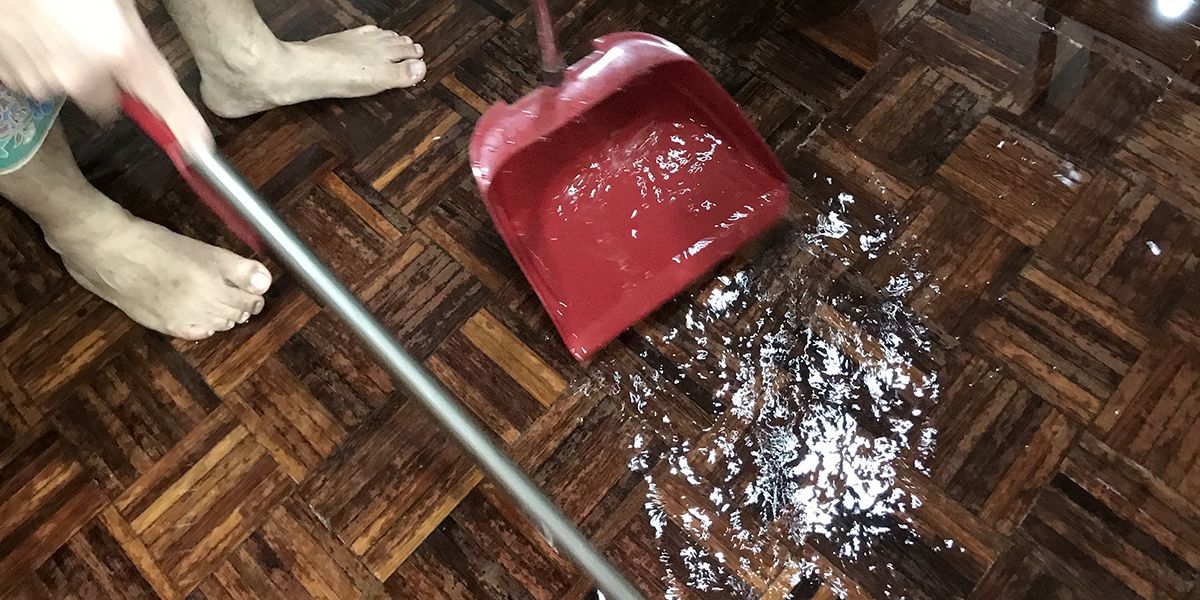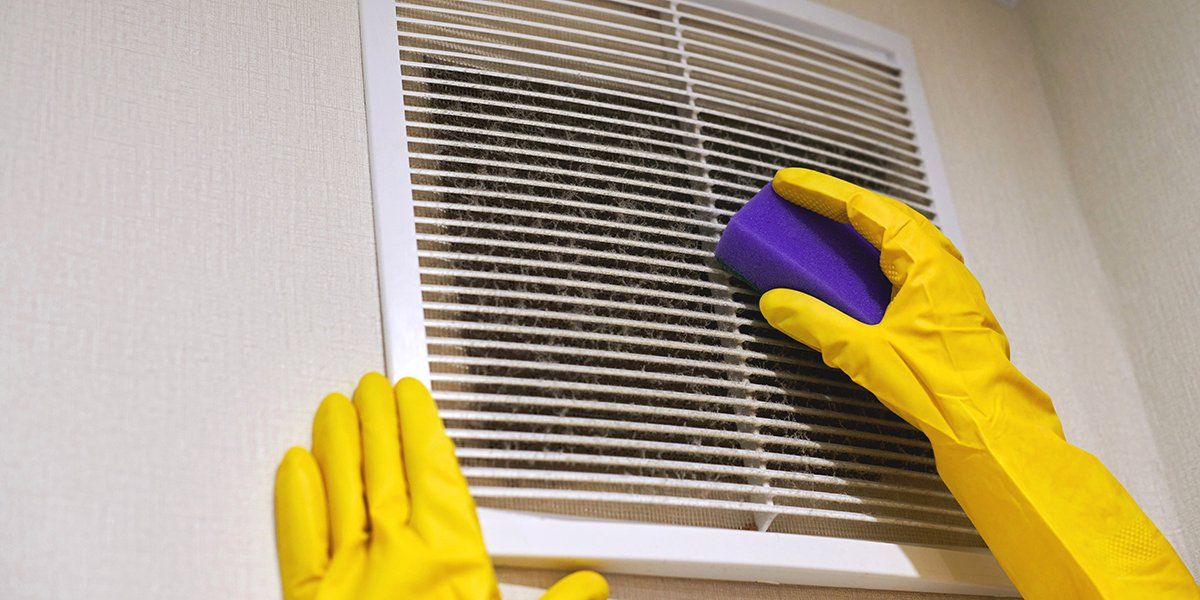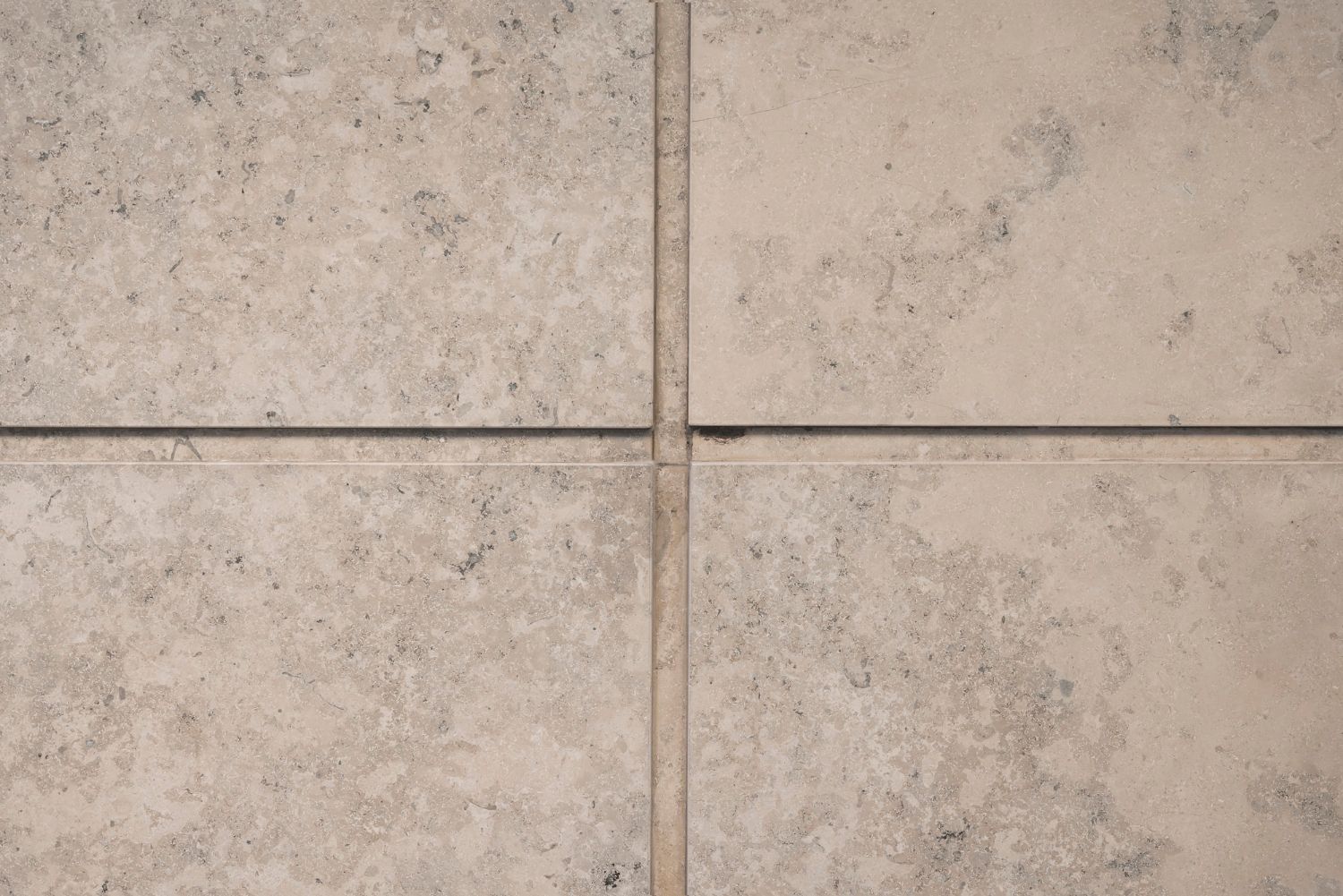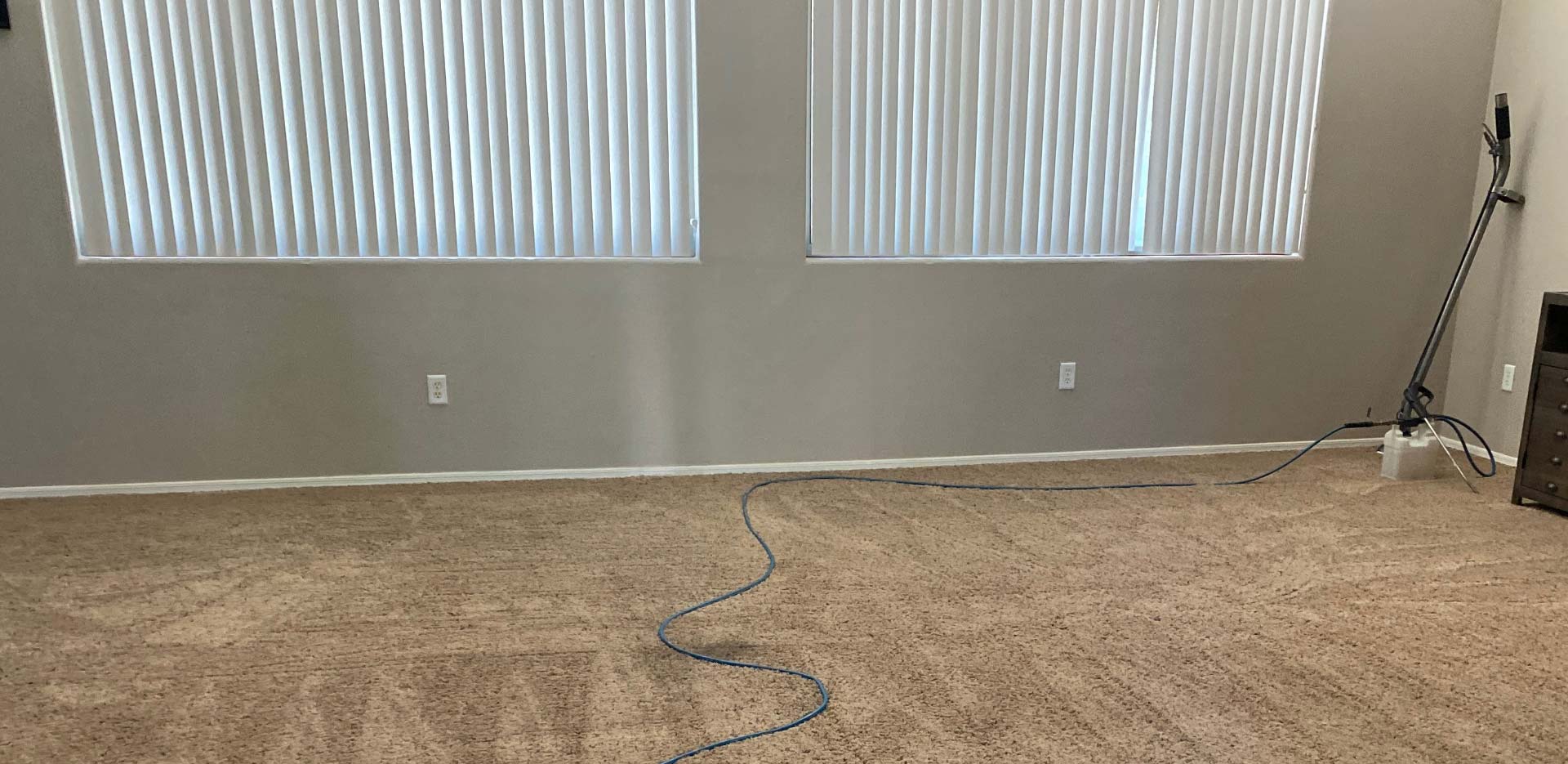Steam Smart Pro Carpet Duct & Tile Cleaning
How to Prepare for Flooding in Your Home: 10 Tips

One of the most expensive and destructive types of damage your home can take is water damage. Water leaks and flooding can destroy your walls, flooring, carpeting, ceilings, structural components, and personal belongings. Knowing how to prepare for flooding in your home can save you tons of money on repairs and keep your family and possessions safe.
At Steam Smart Pro, we’ve been providing water damage restoration in Tucson, AZ, for over nine years, and we’ve seen the kind of problems it can cause homeowners and their families. If your home has suffered water damage, let the professionals at Steam Smart Pro take care of it before it gets worse.
In this guide, we’ll provide some helpful tips for flood preparation to keep you and your family safe, reduce damage to your property, and minimize out-of-pocket repair costs.
1. Do You Live in a Flood Zone? Find Out Now!
When buying a home, one of the most important things to do is find out if it’s in a flood zone. If you don’t know if you live in an area at high flood risk, you can find out on the Federal Emergency Management Agency (FEMA) website. The flood zone categories’ labeling may seem confusing, but the breakdown below should help.
- Zones marked with an A or V classification are high-risk flood areas.
- Zones with a B, C, or X classification are average to low flood-risk areas.
- Zones marked with a D classification are undetermined at this time.
2. Get Flood Insurance
Ordinary homeowners’ insurance will not cover costs related to flood damage. If you live in a high-risk flood zone, your mortgage lender will likely require you to get flood insurance. However, many homeowners who live in low-risk areas get flood insurance policies since the threat of even the most minor flooding can be a costly problem.
3. Raise Your Home’s Electrical Components
If you live in an area with a risk of flooding, you should raise all the switches, sockets, and wiring in your home to reduce the risk of electrocution. The power lines connected to your house carry a lot of voltage, and when water floods your home and makes contact with the electrical components, it creates a hazardous situation for you and your family. You should keep any heating devices in your home up high for the same reason.
Water that gets into your electrical system is not only dangerous; it can also destroy your home’s entire electrical network.
4. Protect Your Basement
If your home is in a flood zone, the area most vulnerable to flood water is the basement. Positioning all the electrical outlets and switches as high as possible in your basement will prevent issues like those discussed above. Applying a concrete sealer to the basement walls will protect them from water damage.
Homeowners who get groundwater in their basements should install sump pumps to prevent basement flooding. If you think your home needs a sump pump, consider purchasing a battery-powered backup. If a storm or flood causes a power outage, your ordinary sump pump will be useless until the power returns.
5. Prepare an Emergency Kit
If you’re wondering how to prepare for flooding in your home in regards to being stuck there, one of the most vital things to have in that situation is a well-stocked emergency kit. You should have enough food and water to last at least three days. The more people you have under your roof, the more water and food you’ll need.
Below are the essentials for a three-day flood emergency kit:
- Canned food and other non-perishables
- One gallon of water for each person per day
- Any necessary medicine or medications
- Charged emergency cellphone
- IDs, social security cards, and birth certificates
- Flashlights
- Batteries
6. Plan Your Evacuation Routes
Should it become necessary to evacuate the area, it’s best to have a plan in place to keep your family safe and organized. Choose a destination and map out a safe route to get there. Plan out several evacuation routes, so you can change course if the roads flood or traffic starts piling up in one direction.
7. Watch for Flood Alerts
If you live in a flood zone, you should always be on the lookout for flood alerts. You may get an alert on your phone or see one on your television. Following your local weather will help you stay ahead of potential floods and keep you prepared.
Once a flood alert has gone out, you need to take immediate action to secure your home.
8. Protect Your Belongings
Once a flood alert goes out, you’ll have little time to get your belongings into a safe place. Put any essential documents in a waterproof safe or container, and take any furniture or valuables to a safe area in your home. Remember, your family’s safety is the main priority, so if you have to leave your house without protecting your possessions, don’t hesitate to evacuate.
9. Shut Off Your Main Utilities
In the event of a flood, you should shut off your main electrical breaker, gas, and water. Shutting off these utilities prevents them from posing a hazard when a flood occurs. Familiarize yourself with your breakers and valves so you’ll be ready to use them when the time comes.
10. Make a Barrier
You can use sandbags or inflatable barriers to keep water from coming into your home through the basement windows or under the garage door. You can also build a wall of sandbags to prevent water from reaching your basement storm door or any other entry point.
Water Damage Restoration in Tucson, AZ
Knowing how to prepare for flooding in your home is crucial, but it’s also imperative to act fast when water gets in. At Steam Smart Pro, our technicians have the tools and training to repair water damage and keep mold and mildew from ravaging your home. Click the link to learn about flood water removal, and call our Tucson, AZ, office at 520-416-4308 for more information about all our services.
Author Bio:
Eric Bullard
The owner of Steam Smart Pro in Tucson, AZ, brings over 20 years of invaluable experience in the field of carpet, tile, and air duct cleaning. With a strong dedication to quality and a deep understanding of effective cleaning techniques, Eric consistently delivers outstanding results to his satisfied residential and commercial clients.
Our Recent Post



